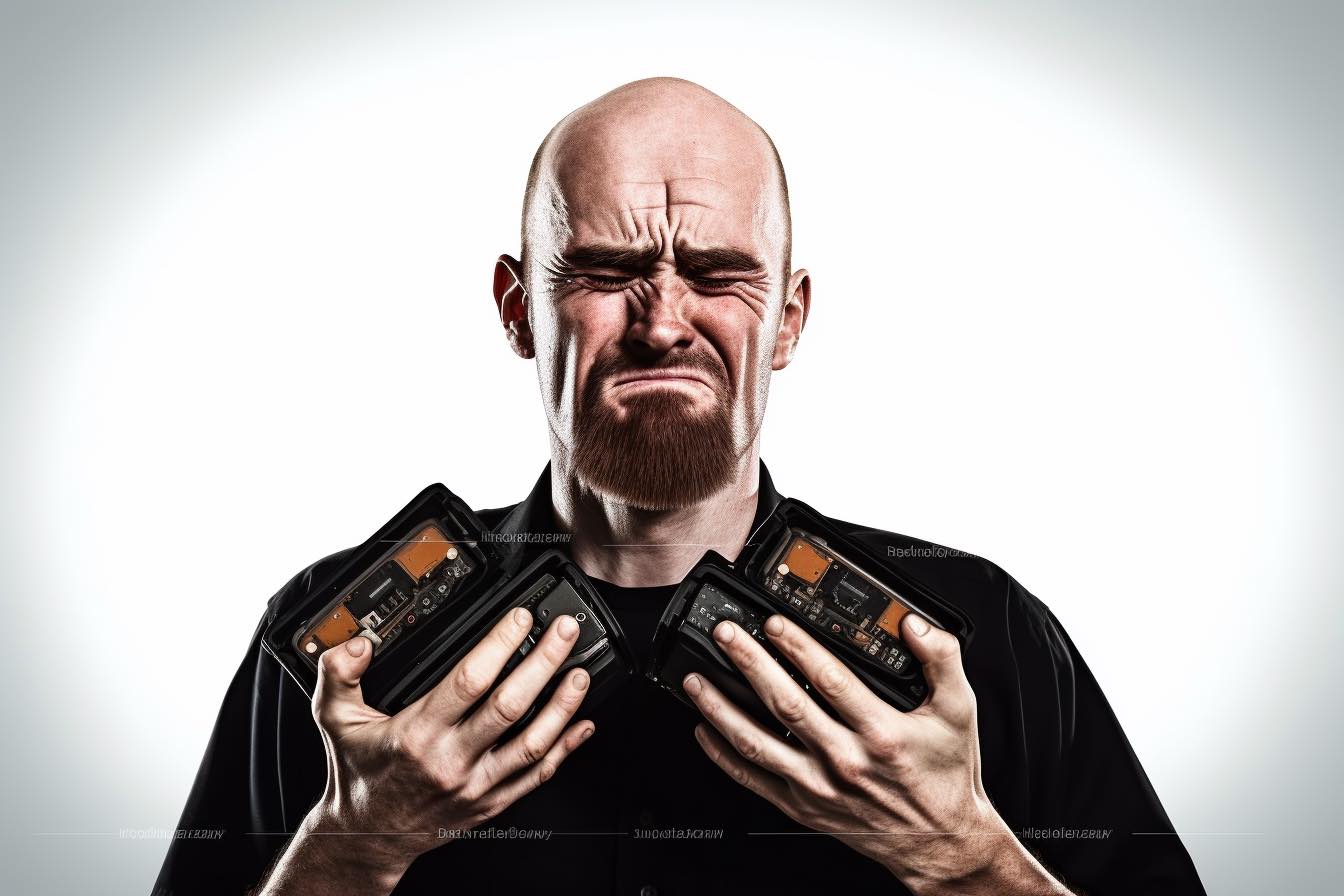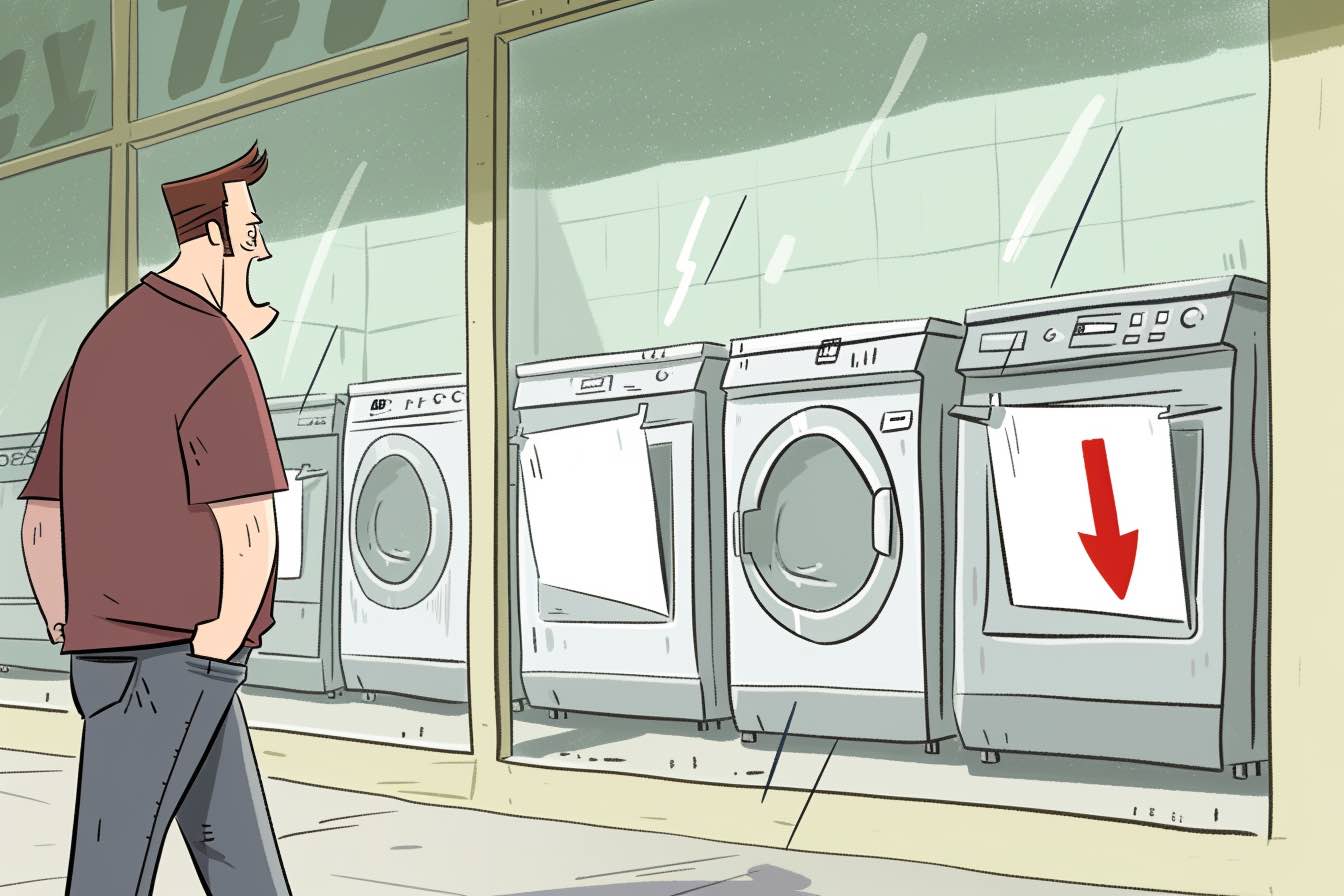When Akin Williams’ Western Digital hard drives don’t work, he tries to return them to Amazon. But the seller wants to charge him a $546 restocking fee. Is that legit?
Question
I recently bought four Western Digital hard drives through Amazon. The drives were defective.
I contacted the manufacturer and confirmed in writing that the drives were defective due to the loud grinding noises being made when they were in operation. When I told the Amazon seller of the defective condition, a representative told me they would not issue a full refund of the purchase, but that I could return the drives to the manufacturer. This was after I forwarded them the manufacturer’s recommendation that I should return the drives to the seller.
When I returned the drives, the reseller assessed a restocking fee of $546 against the original purchase price. It claimed “heavy usage” of the item. In the four days that I used the drives, they were not heavily used. However, I did have to erase sensitive information from both drives before returning them.
I have spoken to Amazon several times this week about this seller’s return policy, but due to the seller’s claim that the only damage to the drives was as a result of use, and not defect, they have chosen to back the seller’s decision to impose a restocking fee.
I was hoping that Amazon would intervene in this situation. The seller has the drives back, and they can still exercise the warranty to get new drives at full value. Whereas I have lost a lot of money through no fault of my own. My decision to return the drives was based on Amazon’s assurance that I would receive assistance in getting a refund. Sadly, that no longer seems to be the case. — Akin Williams, Atlanta
Answer
A restocking fee is a charge a business sometimes applies when a customer returns an item and receives a refund. The fee covers the expense of erasing a phone or laptop and placing the item back on the shelves (hence the name “restocking”). Some electronics businesses charge restocking fees of between 10 and 20 percent, but yours was more than 50 percent, which is not reasonable.
As you noted, the Amazon seller could return your Western Digital drives to the manufacturer for a full refund, which means it would make a tidy profit from your storage unit. That’s wrong.
How to avoid a restocking fee
You don’t have to pay a restocking fee as long as you take certain precautions. (Related: My steam mop broke! Amazon won’t clean up this mess — and now there’s a restocking fee.)
Don’t break the seal
If you’re not sure about a purchase, resist the urge to tear open the packaging. Once you break the seal, you might have to pay a restocking fee. Computer software and hardware (like your drive) can incur restocking fees if you open the package.
Is it defective?
Usually, you don’t have to pay a restocking fee if the item you’re returning is defective. If it’s broken or missing parts, the retailer is on the hook — and you are off the hook. (Related: You might be a dishonest customer if Amazon does this to you.)
Return it to the store instead of shipping it back
Sometimes, you can escape a restocking fee by negotiating a return to a physical store instead of shipping the product back. Although merchants won’t admit it, the restocking fee partially offsets the cost of returning the package. So don’t be afraid to haggle.
Could you have avoided paying $546 in restocking fees?
Could you have avoided this? Maybe. It’s almost impossible to screen a business based on its restocking fees — it’s not as if they are disclosed when you buy an item. Amazon works with a network of businesses that fulfill orders, and as I look back at your order, I just don’t see how you could have known.
But I do think Amazon could have offered you better support after you purchased a defective product. Amazon’s A-to-Z guarantee covers a product purchased through the site that is damaged, defective, or materially different from what you ordered. Under the guarantee, a reseller can’t charge you a restocking fee; it must refund everything, regardless of what the manufacturer says. I have more information on Amazon’s guarantee in my ultimate guide to Amazon returns on this site. (Related: UPS lost my package! Is Amazon’s resolution fair?)
Bottom line: Amazon should have stepped up. I see you kept an excellent paper trail and even reached out to some of the Amazon executives I list on my consumer advocacy site.
Your case is an important reminder to document everything when a product doesn’t work. If your hard drive is grinding, take a video of it and share it with the business. I think in your case, the more visual evidence you had of the breakdown, the less likely that you would have been charged a restocking fee of more than 50 percent. Also, I think Amazon should enforce the terms of their guarantee policy, but that’s a discussion.
I contacted Amazon on your behalf. It refunded you the entire amount of your purchase.



